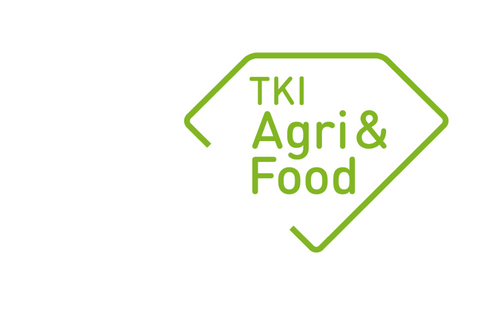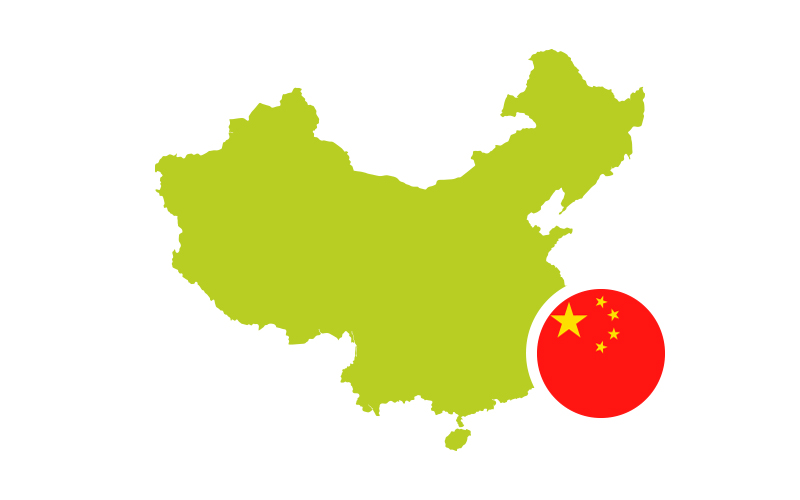Projecttitel: Adaptation of Dutch livestock manure treatment system into Chinese situation
Projectnummer: SMP-16015
Kernthema: Klimaatneutraal
Looptijd: 2016
Budget: € 50.000
Projectleider: Jie YAN
Kennisinstelling: Wageningen University & Research
Projectpartners: Beijing HELEE Bio-energy Co.,Ltd., Chinese Academy of Agriculture Science, Dairy Campus, DSM, Embassy of the Kingdom of the Netherlands in China, Huanshan Group, New hope-Liuhe group, Ningxia Junhua Crescent lake agricultural technology Co.,Ltd, Rabobank Nederland Beijing Branch, Shandong Minhe bio-technology Co.,Ltd, Technology center of Wens Group, Veenhuis Machines BV, Veldman Guangzhou.
Samenvatting
The average consumption of meat, egg and milk products per Chinese people is 61.5 kg, 21 kg and 26 kg respectively in 2013. As the consumption increasing, the sizes of the livestock farms have been enlarged greatly, and so does the production of the manure. It was reported the annual manure production for intensive livestock farms goes to billions tons per year nationwide, while only 15% of the farms are equipped with manure treatment facilities such as biogas plant and composting system due to high investment and lacking of technology supports. Livestock manure is becoming one of the major sources causing agricultural pollution, which challenges the sustainable development of livestock industry greatly.
Since 2015, a serious of stringent environmental laws and regulations were issued, many livestock farms were shutting down because of pollution problem. For example a 10,000-cattle dairy farm, belongs to China Modern Dairy, in Tongshan County of Hubei Province, was shut down because of manure pollution; in Guangdong Province, 547 pig farms were shut down due to the same reason, and that’s 120,000 pigs we are talking about; in Fujian Province, more than 1800 pig farms being demolished, causing a reduction of 820,000 in pig number. Situations in other provinces of China are similar.
A dairy farm with 10000 cows would produce around 400 tons of manure and 200 ton of urine per day, resulting in more than 200,000 tons of manure per year. Currently, there are around 60 dairy farms with such scale nationwide. If manure pollution could not be solved, more and more livestock-farming companies will be shut down under the pressure of the law, and it will affect the supply of the market and cause price fluctuation.
A stringent environmental law system does necessary, but it is also essential for China to work out a manure treatment system both technologically and commercially viable, so that the farmer won’t be panic about the environmental laws, and the supply of livestock products won’t be affected by the law.
Being a small country, the Netherlands has a high stock density on a limited land area of 40000 km2 (4 million cattle, 1.2 million pig and 0.1billion chicken). With such a density, how does the Netherlands make it to meet the EU environmental legislation? It may attribute to a chain management system covering from feeds, housing, manure storage, transportation, harmless treatment and commercial utilization. All those are of demand in China.
Yet the circumstance in China is different from that of the Netherlands. First of all, we have very diverse scale of farms (from small, large, to super large ones that own from hundreds to tens of thousands stocks), which makes it very challengeable in the treatment; secondly, the Chinese laws, regulations and policies regarding manure treatment as well as soil protection are also different with EU standards; last but not least, China has a different subsidy system and market situation.
Thus, the Dutch experiences of technologies could not be transferred directly to China; instead, it should be localized first by knowledge institutes together with first line enterprises from both countries, and eventually developed into a commercially and technologically viable treatment system that suits the Chinese local conditions best.
Links
Deel dit bericht


